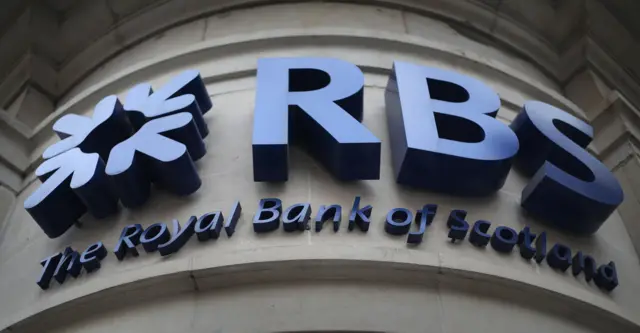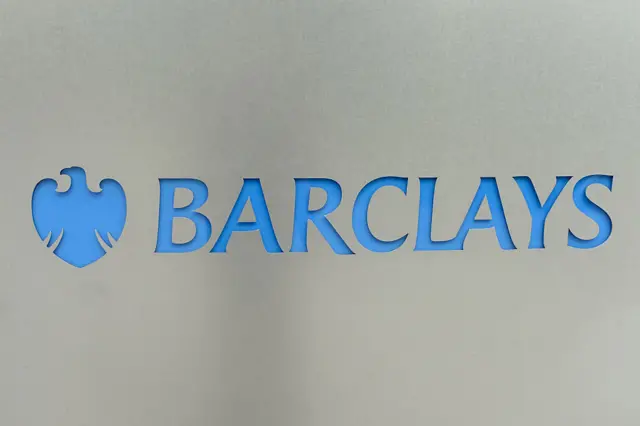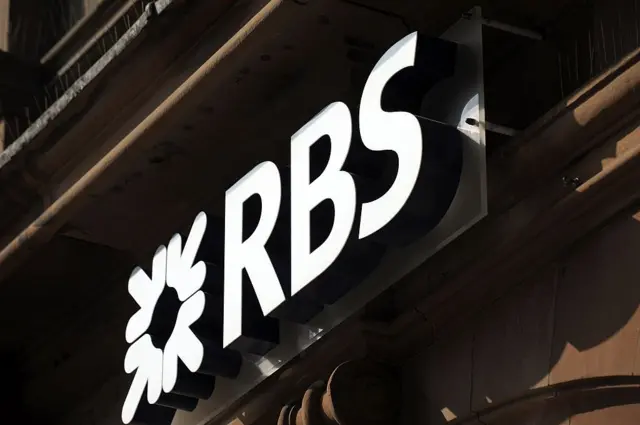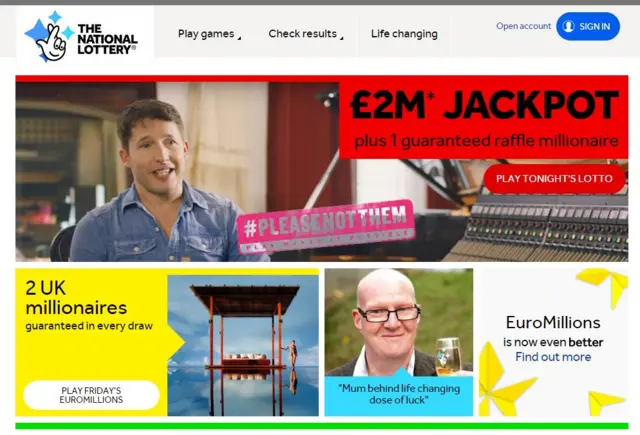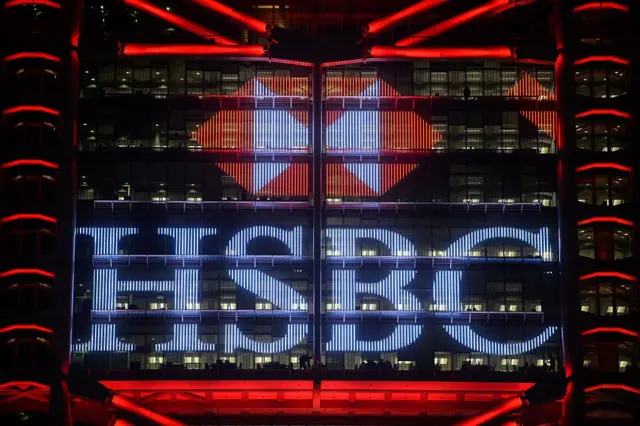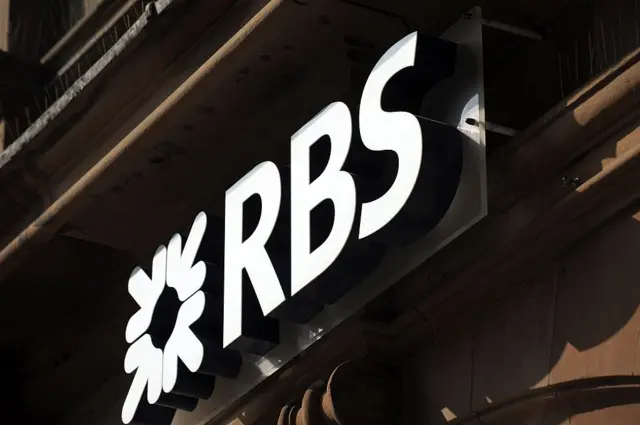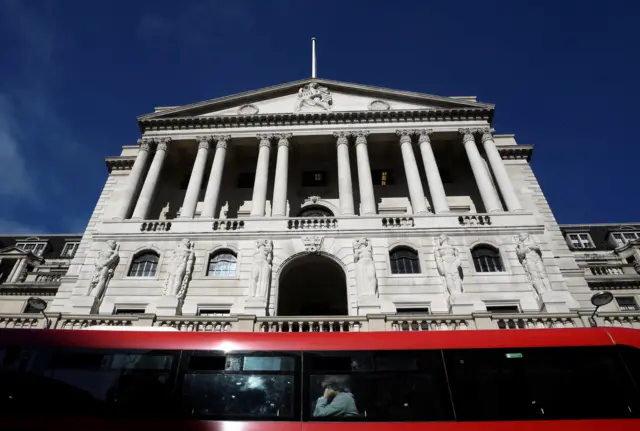'Early days' for Brexitpublished at 07:52
Mark Carney says it is preferrable that firms know as much as possible as early as possible about the end point of Brexit - and how we are going to reach that point.
He says it's "early days" and the point at which firms would need to put their plans into action is a "long way off".
